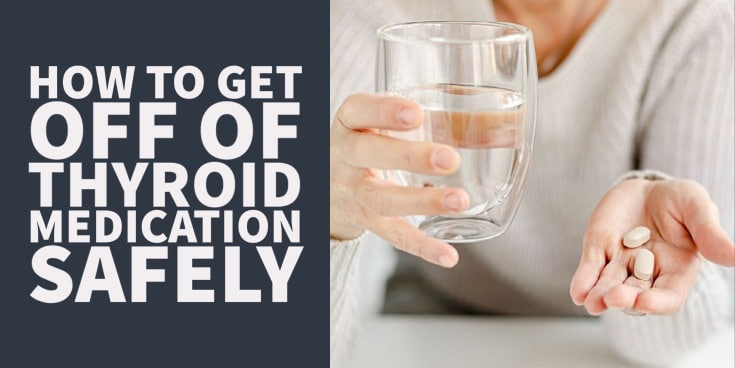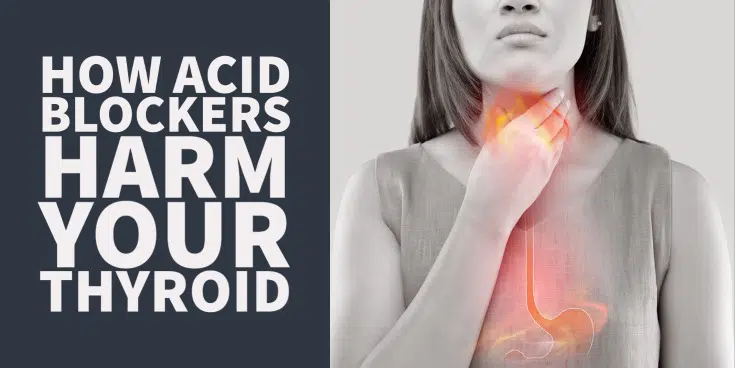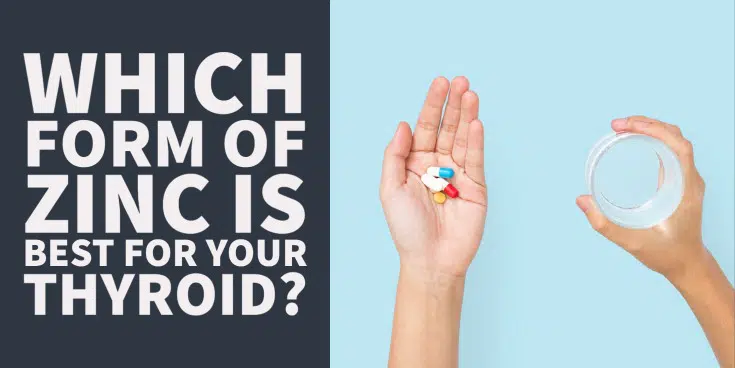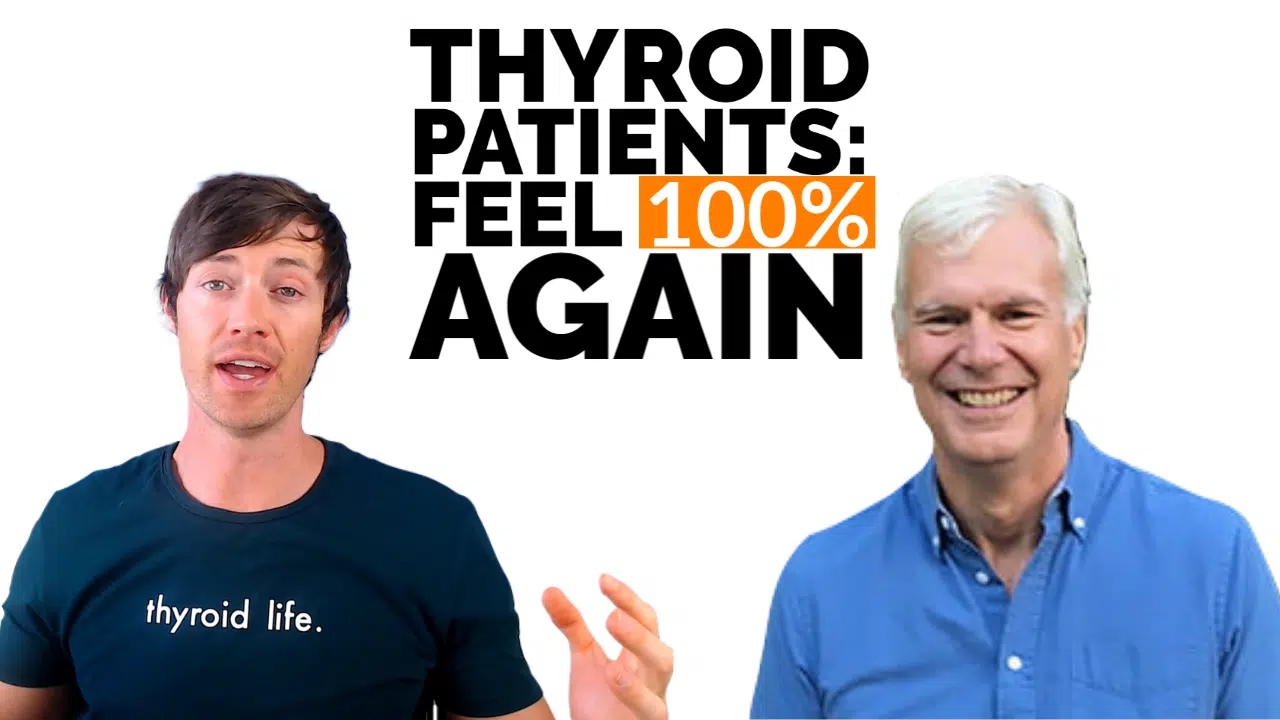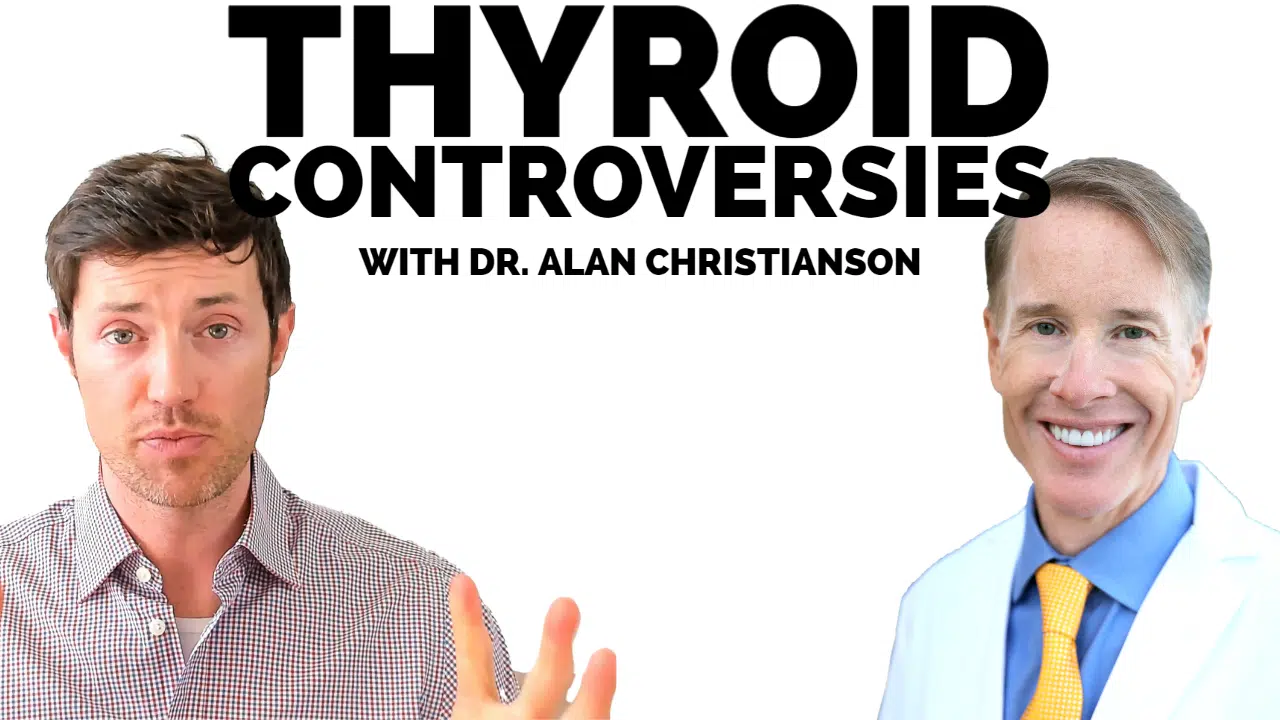How to Get Off of Thyroid Medication Safely
If you’re like most thyroid patients then you’ve probably been told that once you start taking thyroid medication you have to be on it for the rest of your life. But what if I told you that this isn’t the whole story? What if I told you that there are plenty of people who can …
